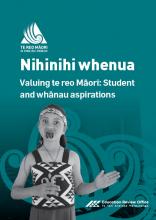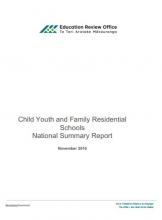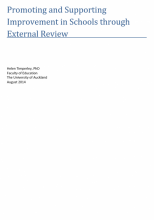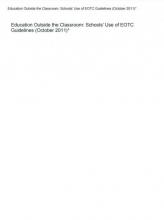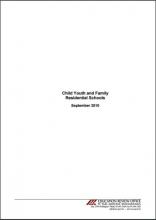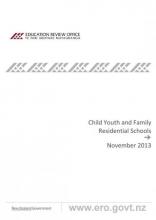Collaboration in Action: Lessons from a Community of Practice
This short report accompanies our report Exploring Collaboration in Action: Kahukura Community of Practice. It looks at the lessons that can be learnt from the Kahukura community of practice, drawing out key lessons on collaboration and providing seven key implications for schools who are interested in collaborating to consider.


